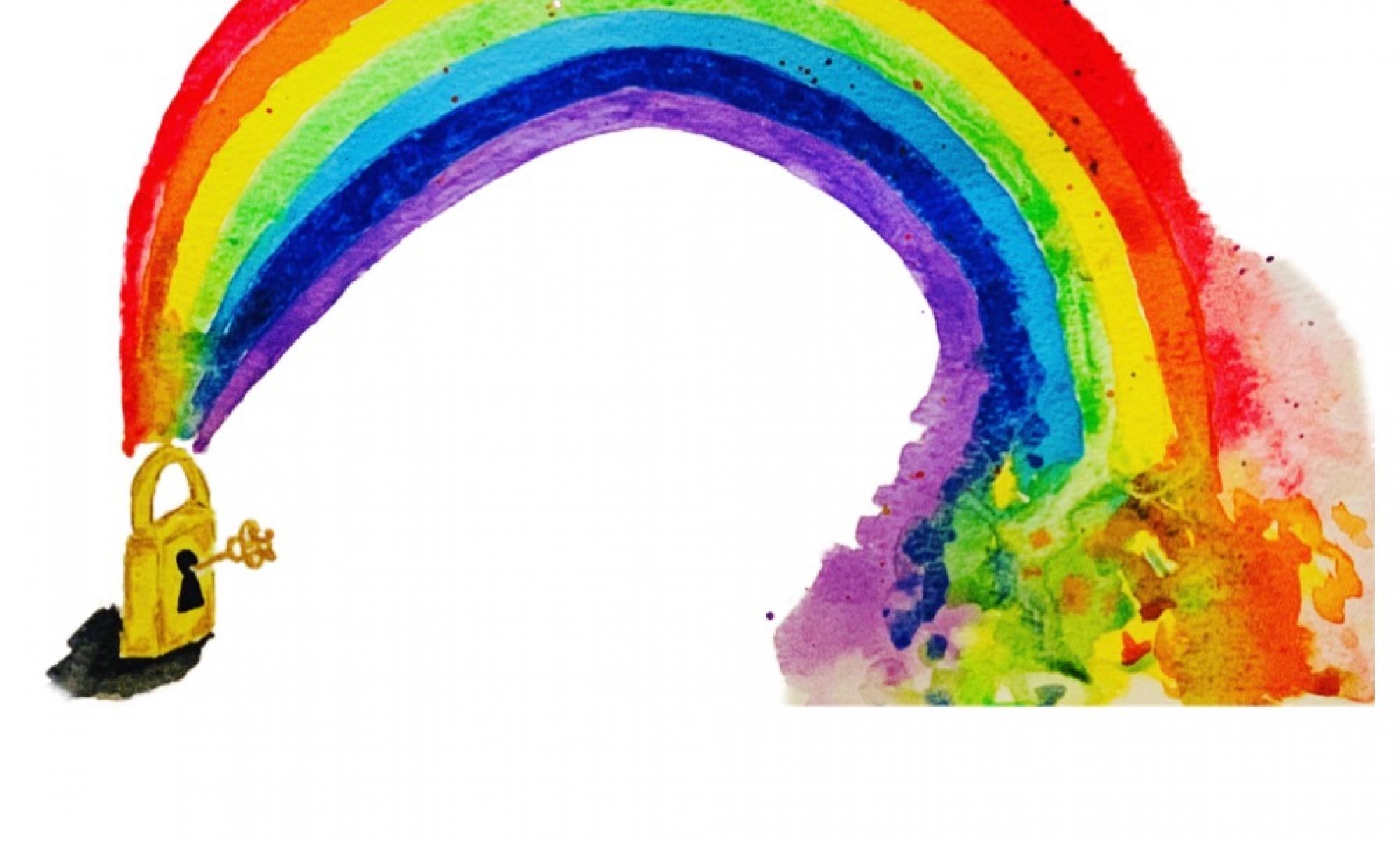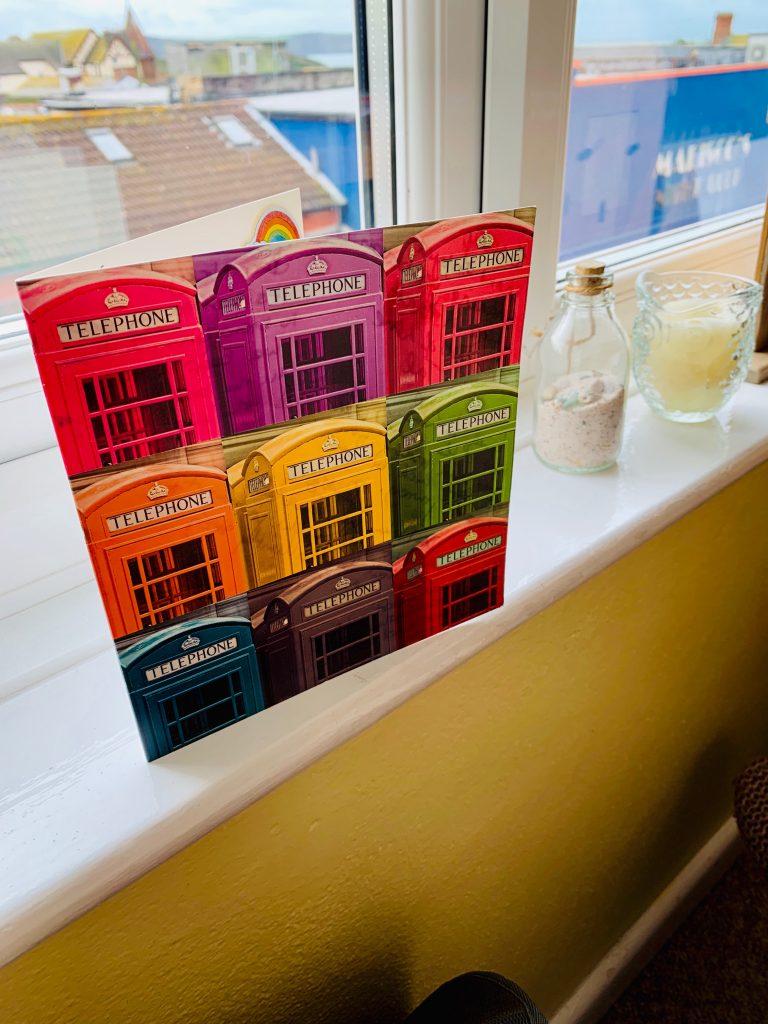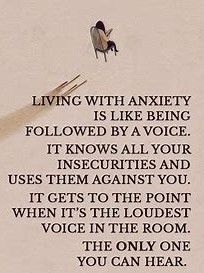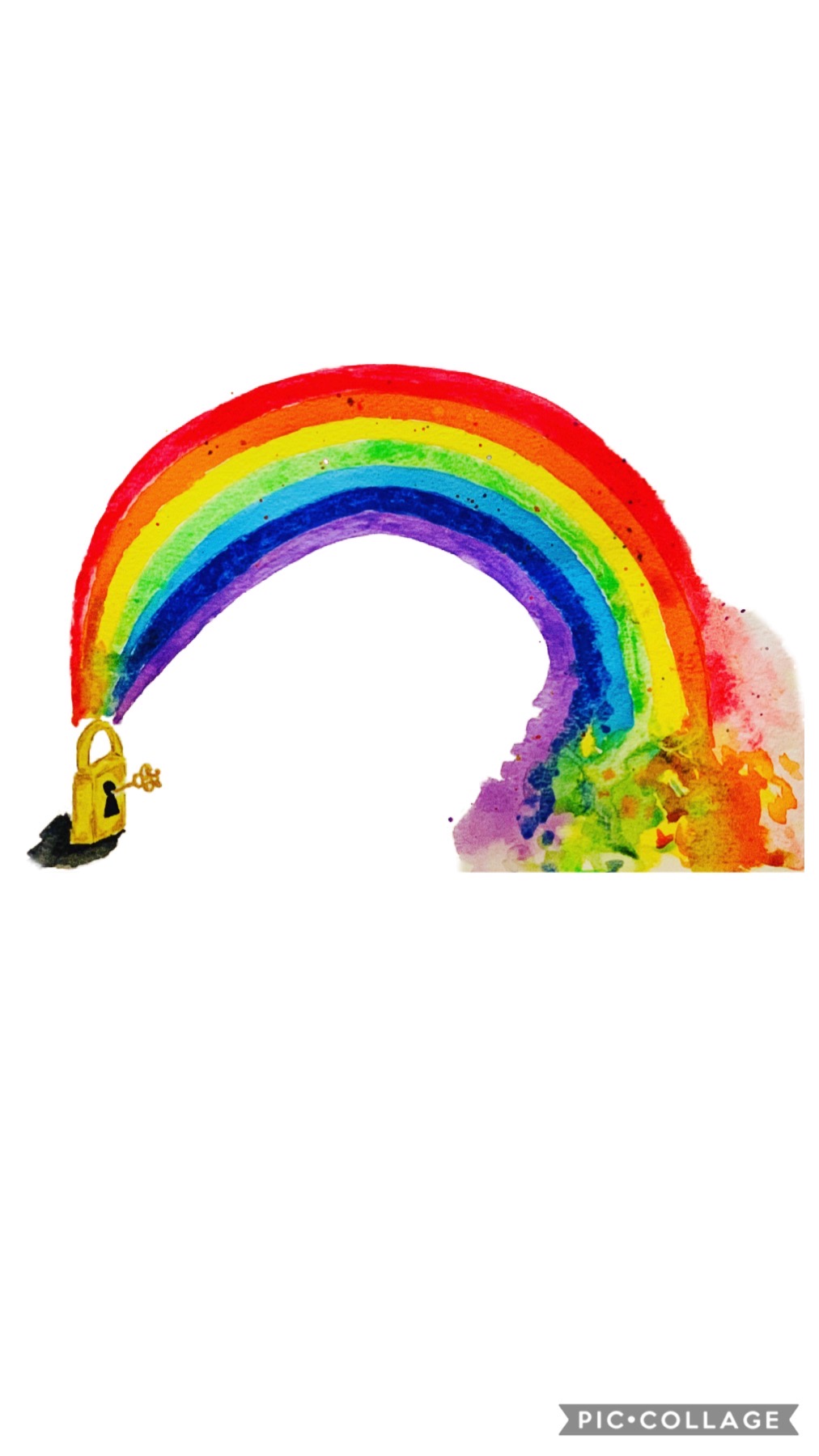“Worrying is carrying tomorrow’s load with today’s strength- carrying two days at once. It is moving into tomorrow ahead of time. Worrying doesn’t empty tomorrow of its sorrow, it empties today of its strength” (Corrie Ten Boom ).
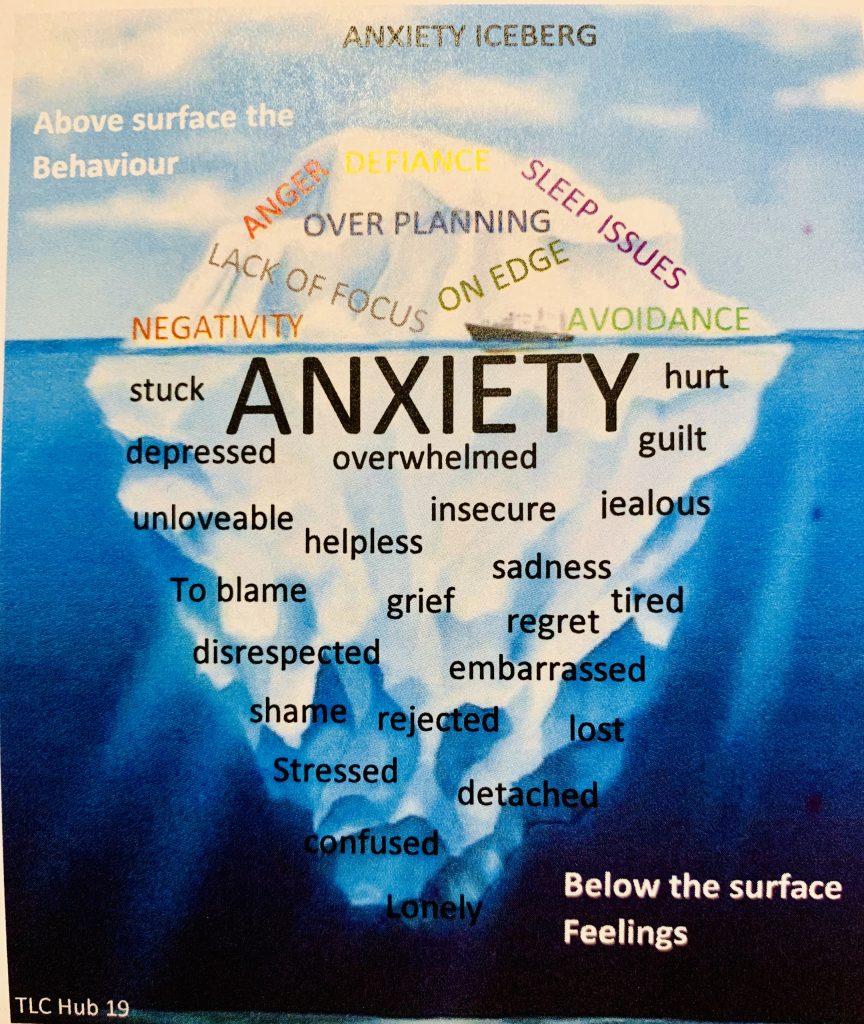
Over at the TLC Counselling hub we are seeing an increasing number of clients with anxiety or anxiety based issues walking through our door.
So what is anxiety?
Anxiety is what we experience when we are troubled, tense or afraid particularly about things that are about to happen, or which we think could happen in the future. Things that we actually usually have no control over. Anxiety is a natural human response that recognises when we are under threat. It can be experienced through our thoughts, feelings and physical sensations. Also known as the flight fight response.
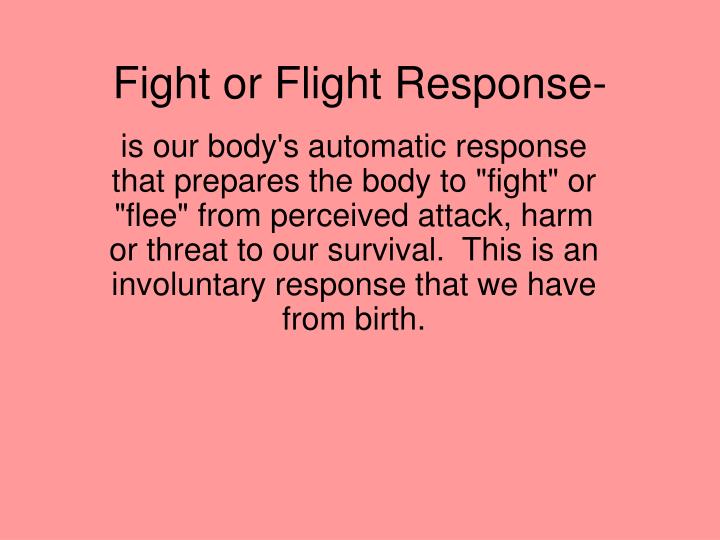
Signs and symptoms
The list is not prescriptive and not to be used as a diagnostic tool. Common signs and symptoms present as:
Effects on your body
- a feeling of being completely overwhelmed
- churning feeling in your stomach
- feeling light-headed or dizzy
- pins and needles
- feeling restless or unable to sit still
- headaches, backache or other aches and pains
- faster breathing
- a fast or irregular heartbeat
- sweating or hot flushes
- problems sleeping
- nausea
- lack-increase of appetite
- changes in your sex drive
- having panic attacks.
Effects on your mind
- rumination – thinking over and over about the same thing, until it is all you can think about.
- depersonalisation – feeling disconnected from your mind or body, or like you’re watching someone else
- worrying a lot about things that might happen in the future –
- feeling tense, nervous or unable to relax
- having a sense of dread, or fearing the worst, taking thoughts to the worst case scenario.
- feeling like the world is speeding up or slowing down
- feeling like other people can see you’re anxious and are looking at you
- feeling like you can’t stop worrying, or that bad things will happen if you stop worrying
- worrying about anxiety itself, for example worrying about when panic attacks might happen
- wanting lots of reassurance from other people or worrying that people are angry or upset with you
- worrying that you’re losing touch with reality

What Causes Anxiety?
No one knows exactly what causes anxiety problems, but there are probably lots of factors involved.
- unresolved past or childhood experiences
- stress
- your current life situation
- physical and mental health problems
- drugs and medication
Research shows that having a close relative with anxiety problems increases your chances of experiencing anxiety problems yourself. Currently there is not enough evidence to show whether genetic factors make us more prone to developing anxiety, or because we learn patterns of behaviour from our parents and other family members as develop.

Be in control.
Self-help useful resources
A self-help resource might be the first treatment option your doctor offers you. This is because it’s available quite quickly, and there’s a chance it could help you to feel better without needing to try other options.
Self-help could be delivered through:
- Workbooks. For example, your GP might recommend particular titles from a scheme called Reading Well Books on Prescription. This scheme is supported by most local libraries, so you can go and check the books out for free – you don’t actually need a prescription from a doctor. (Find out more on the Reading Well website).
- A computer-based CBT programme for treating anxiety and panic attacks. There are several app-based CBT courses recommended on the NHS apps library, which you can search to find an app that may work for you.
Talking Therapies & Relaxation Techniques
If self-help resources aren’t likely to help with the anxiety problems you’re experiencing, or you’ve already tried them and they haven’t helped, your doctor should offer you a talking treatment. There are three types of treatments recommended for anxiety.
- Cognitive behavioural therapy (CBT) – this focuses on how your thoughts, beliefs and attitudes affect your feelings and behaviour, and teaches you coping skills for dealing with different problems.
- Counselling with a qualified counsellor who will listen without judgement about your anxiety issues. Sometimes just saying it out loud will be beneficial. Over at the TLC Counselling Hub we use creative therapy to try to find out the root cause of your anxiety.
- Mindfulness – Mindfulness is the psychological process of purposely bringing one’s attention to experiences occurring in the present moment without judgment, which one can develop through the practice of meditation, relaxation. Mindfulness is derived from Buddhist traditions.

“Anxiety’s like a rocking chair. It gives you something to do, but it doesn’t get you very far” (Jodi Picoult).
Thanks for taking time to read our latest blog please leave comments if you would like to see other issues covered. The TLC Hub 2019.
References
